Why Sanctions Don’t Work on Burma

By Asavari Singh
Contributor
30/4/2021
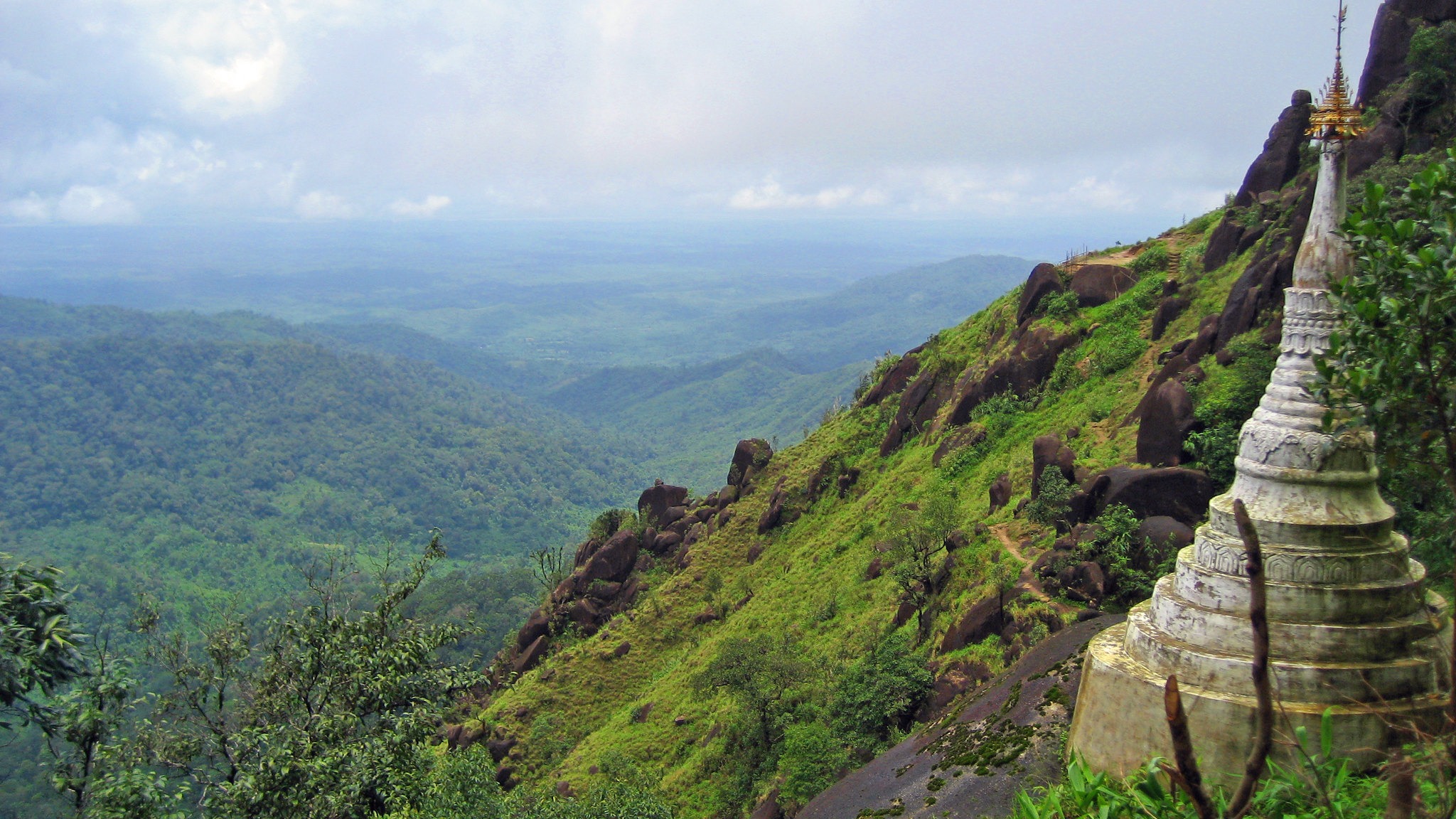
Overlooking the Burmese jungle (Picture Credit: Greg Walters)
When Burma’s military establishment, the Tatmadaw, perpetrates human rights atrocities or rolls back democracy, the West typically tries to exert diplomatic pressure by way of human rights shaming, followed quickly by economic sanctions and trade embargoes. The problem with this, in the words of Burmese journalist Aung Naing Soe, is that the generals “don’t give a fuck about economic sanctions,” nor do they care about statements of condemnation.
Since the military coup in Myanmar, the West has tried the same routine. The US announced that it would block the Tatmadaw from accessing the $1 billion it held in Burmese government funds, and later sanctioned the grown children of Min Aung Hlaing, the chief of the generals, and now Burma’s de facto leader, since they had benefited from their father’s “malign influence.” The US, UK, and the EU also imposed sanctions on two military-owned conglomerates — Myanmar Economic Holdings Public Company Limited and Myanmar Economic Corporation Limited — which control a sizeable portion of the country’s economy, and rolled out travel bans and asset freezes for various people associated with the regime. In a press statement US Secretary of State Antony Blinken announced that this would effectively cut off “the funding streams supporting the Burmese military’s brutal repression.”
The generals, though, are hardly quaking in their polished boots.
One reason is that Burma’s geopolitical importance in Asia has increased as its next-door neighbours China and India have grown in power. For China, Burma is a “backdoor” to the Indian Ocean, and in January last year the two countries signed several bilateral agreements to develop an economic corridor between China and Kyaukphyu port in Western Burma. For India, too, Burma is a “gateway” to Southeast Asia, as it’s the only ASEAN country with which it shares land and sea borders. Both China and India are more concerned with regional stability and with their sizeable economic investments in Burma (particularly oil and gas) than with whether or not there is a military dictatorship in power. The Association of Southeast Asian Nations (ASEAN) – to which Burma belongs, along with Singapore, Thailand, Malaysia, Vietnam, Indonesia, Laos, Cambodia, the Philippines, and Brunei – has also been rather accommodating of the Tatmadaw. On 24 April, Aung Hlaing met other ASEAN leaders in Indonesia during his first foreign trip since the coup. There, he was told to go easy on the killing of protestors, and he agreed to think about it, but, more importantly, his presence at the summit gave his regime some legitimacy in Asia, which is where Burma’s largest trading partners are.
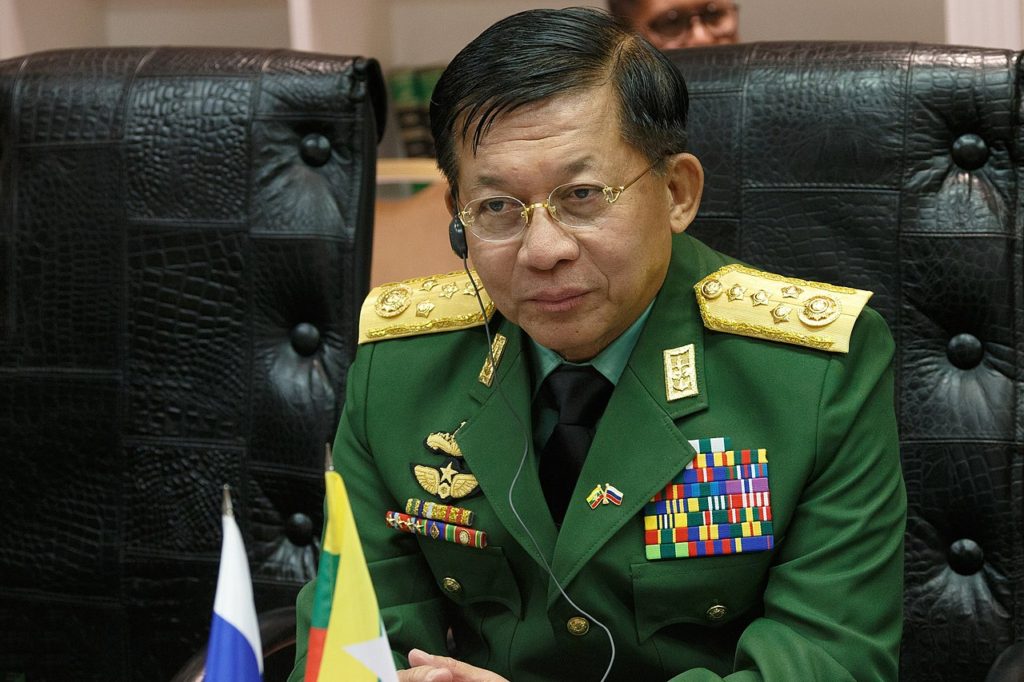
Min Aung Hlaing (Picture Credit: mil.ru)
The other reason why the generals don’t care about sanctions is Burma’s remarkably complex, hugely profitable, and mostly untouchable underground economy that provides ample funding for the Tatmadaw even when other sources dry up or are snatched away. This comprises multibillion-dollar illegal enterprises. These are run, with the tacit blessing of the Tatmadaw, by several insurgent militias which control Burma’s forested borders with Thailand and Laos (the “Golden Triangle”) as well as India and China. There’s highly lucrative trafficking in wildlife and natural resources like jade and timber, but the really serious money comes from drugs – precise numbers are impossible to come by, but as journalist Sean Williams put it, the drug cartels “run an operation so huge it makes El Chapo look like a street corner pill pusher.” Heroin has been called the “seed capital” of the Burmese economy (the country is a top supplier of opium and heroin in East and Southeast Asia, as well as Australia), but today meth is where the big growth is. In his book Hello, Shadowlands on Southeast Asia’s drug-fueled underworld, investigative journalist Patrick Winn pointed out that Burma’s syndicates are the key players in the region’s approximately $15 billion meth trade, and that they “collectively rake in more profit than many Fortune 500 companies.” It’s not surprising given that the Asia-Pacific region is the world’s largest meth market.
the generals don’t care about sanctions because of Burma’s remarkably complex, hugely profitable, and mostly untouchable underground economy.
So, where does the Burmese military come into this racket?
N (name withheld upon request) is an upbeat and fast-talking man with smiling eyes who lives in Manipur, a state in northeast India that shares an unfenced border with Burma. He has found his calling promoting cross-border interventions for drug users, but there was a time when he too was an addict and had ties to a rebel group known as the Kanglei Yawol Kanna Lup that was banned in India but had camps in Burma’s Sagaing region. According to him, the Burmese military is often, though not always, a friend to drug cartels and insurgent outfits in the region.
“The Burmese military knows about these camps and lets them stay – they feel they can use foreign insurgents to their advantage. The Indian and Burmese drug businesses also help each other out. Mostly, raw materials go from India and the Burmese guys cook them up. They make heroin and yaba (amphetamine-based ‘crazy pills’) as easy as chicken curry and then it comes back to India and over the world.” What about recent media reports about the eradication of poppy fields and drug raids in Burma? N chortled. “Yes, there are crackdowns, but they are often for show. Sometimes the drug police will go after poor poppy farmers and small drug dealers but the kingpins generally stay safe, unless they need to be punished in some way.” According to him, the efforts of sincere narcotics officers are offset by military bosses who protect drug cartels. “Whether there is a coup or COVID restrictions, the flow of drugs never stops,” he said.
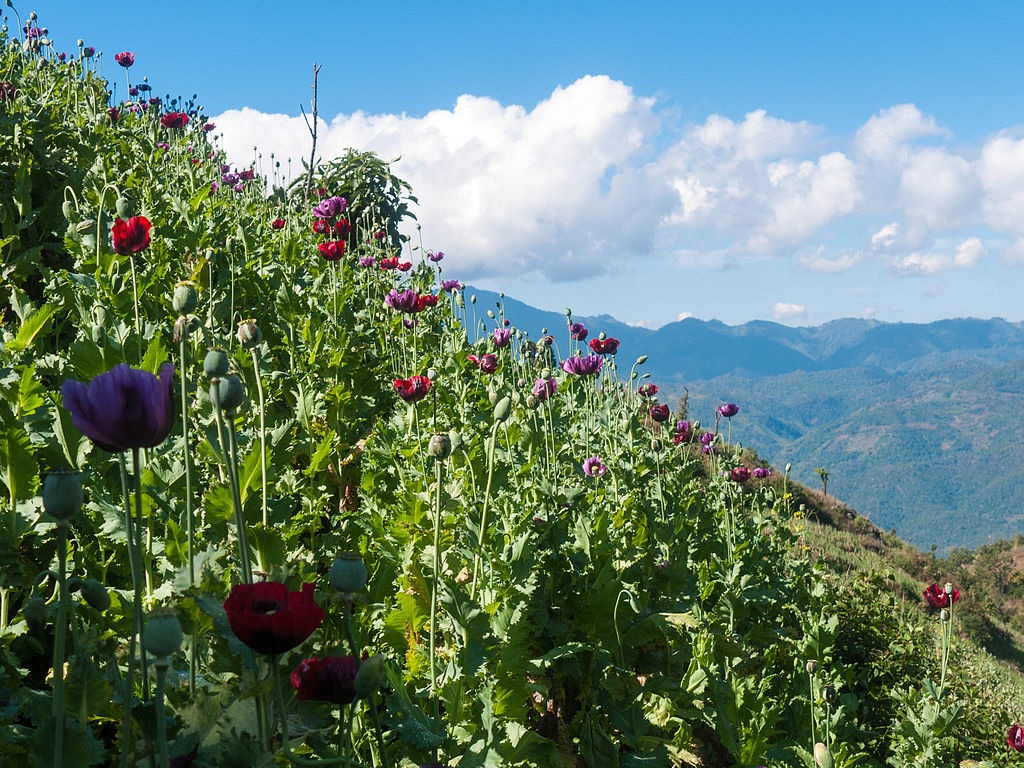
Poppy cultivation in Shan State, Burma (Picture Credit: Kyle David James)
Patrick Winn paints a similar picture of the Shan and Kachin states that border China and Thailand, where on one hand the Burmese military promises to obliterate all drugs from the country, but on the other it fuels the narcotics trade with the help of its own militias as well as with rebel groups with which it has established sometimes-tenuous ceasefires. These “state-backed militias” have for years been involved in every aspect of the transnational drug supply chain as have rebel outfits like the China-backed Wa State Army. The border areas are peppered with casinos controlled by well-funded militias, several with ties to the Burmese army. Some of these are large enclaves where Mandarin is the main language, millions are waged in yuan, and where for the right price and with the right connections you can satiate any appetite, whether for underage girls or yeiwei (wild flavor) in the form of tiger meat. Together, the drugs, gems, casinos, wildlife trafficking, and other illegal trades generate billions of dollars, though no one knows exactly how much ends up in Burma or where it is stashed away. While Aung San Suu Kyi’s government was motivated to stay on the right side of Western countries and to attract foreign investment, in its five years in power it could do very little to dismantle the intricate illegal economy, with its shadowy but powerful military supporters.
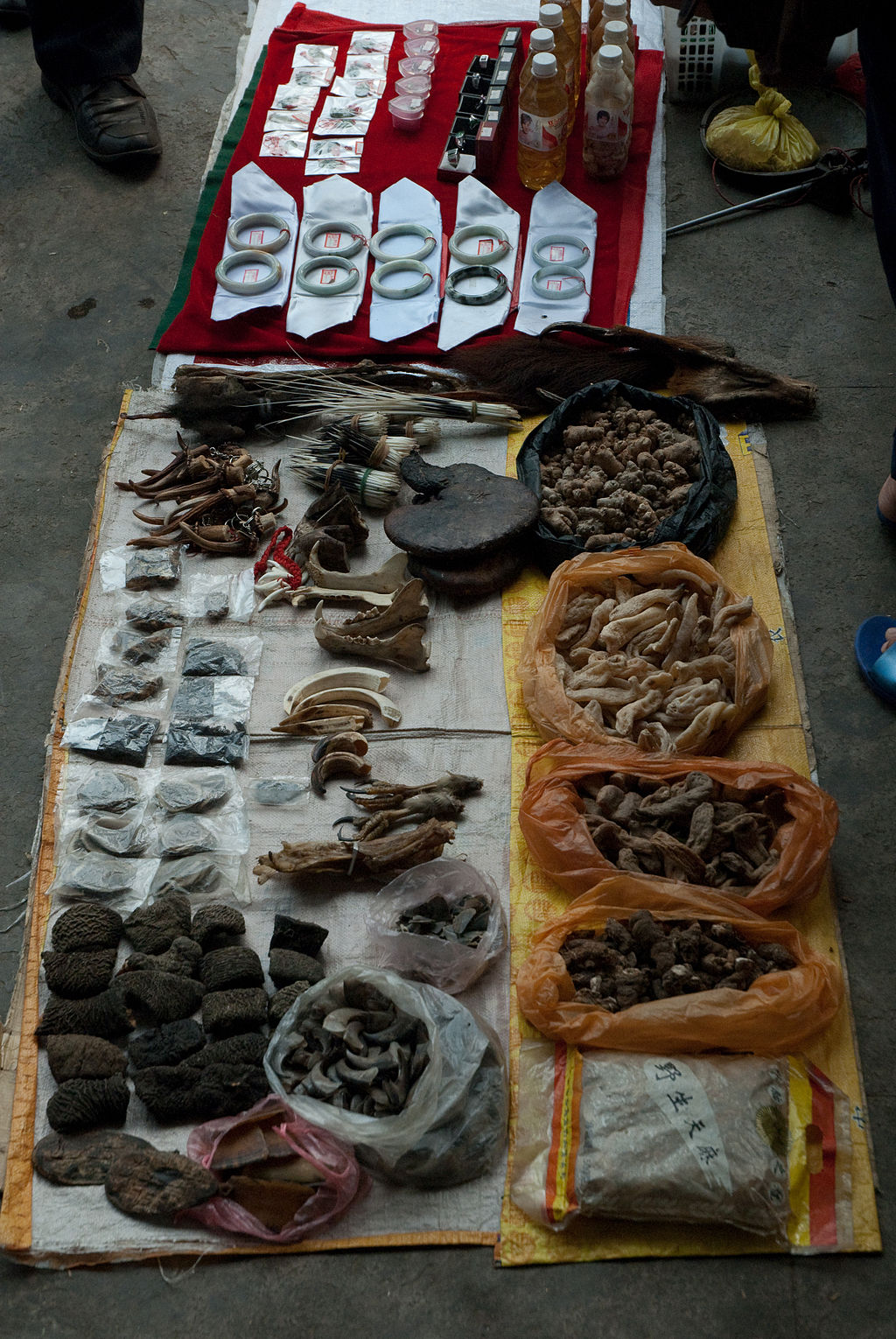
Endangered animal parts in Mong La, a town along the China-Burma border (Picture Credit: Dan Bennett)
In a detailed 2017 case study on the political-criminal nexuses in Burma, Dr Vanda Felbab-Brown of the Brookings Institute concluded that it was a “miscalculation” on the part of the army that made it embark on a program of economic and political liberalization in 2011, culminating in Suu Kyi’s electoral victory in 2015. The decision to allow a limited, power-sharing form of democracy was not due to a sudden change of heart, but to make the Tatmadaw more acceptable to the Burmese public and to the world. Thus, even after Suu Kyi’s government took office, the Tatmadaw retained considerable power, both official and unofficial. “The entire transition had been at the discretion of the junta,” wrote Felbab-Brown, and “illicit economies played an integral part of the transition process, being a crucial element of the golden parachute that the junta awarded itself. Moreover, with its continuing lock on constitutional power, the military regime also guaranteed itself a sufficient budget.”
The roots of the military’s reliance on a shadow economy goes back to the 1990s when, under pressure from Western sanctions for cracking down on the pro-democracy movement and nullifying the results of the 1990 election, the junta looked to its militant foes in the hills bordering China and Thailand, and proposed if not friendship, then at least a back-scratching arrangement. To ensure their survival, the generals gave the rebel militias license to deal in whichever businesses they liked – whether timber or gems or drugs – as long as the military got a cut. An added benefit of this so-called “ceasefire capitalism” was conflict reduction with insurgent armies. Money laundering operations also kicked into gear. According to Burmese historian Thant Myint-U, underworld dons and smugglers were “rebranded” as “national entrepreneurs” in state-run media. They were wooed to further the agenda of crony capitalism, with some successfully investing their drug money in legal enterprises and becoming leading lights of Burma’s political and business landscape. The late Lo Hsing Han, for instance, was once known as Burma’s “godfather of heroin,” but in 1992 he founded a business empire known as the Asia World Company that went on to have interests in everything from breweries and supermarkets to construction and port management. According to his obituary in The Economist, “By 1998 more than half Singapore’s investments in Myanmar, worth $1.3 billion, were made with Asia World,” even as exports of his “main product” that year equalled “all of Myanmar’s legitimate exports together.” In 2006, he threw a spectacular wedding party for then junta leader Than Shwe’s daughter. Sanctions against it have come and gone in the years of political upheaval since, but the company is still chugging along under the leadership of Lo’s son Steven Law.
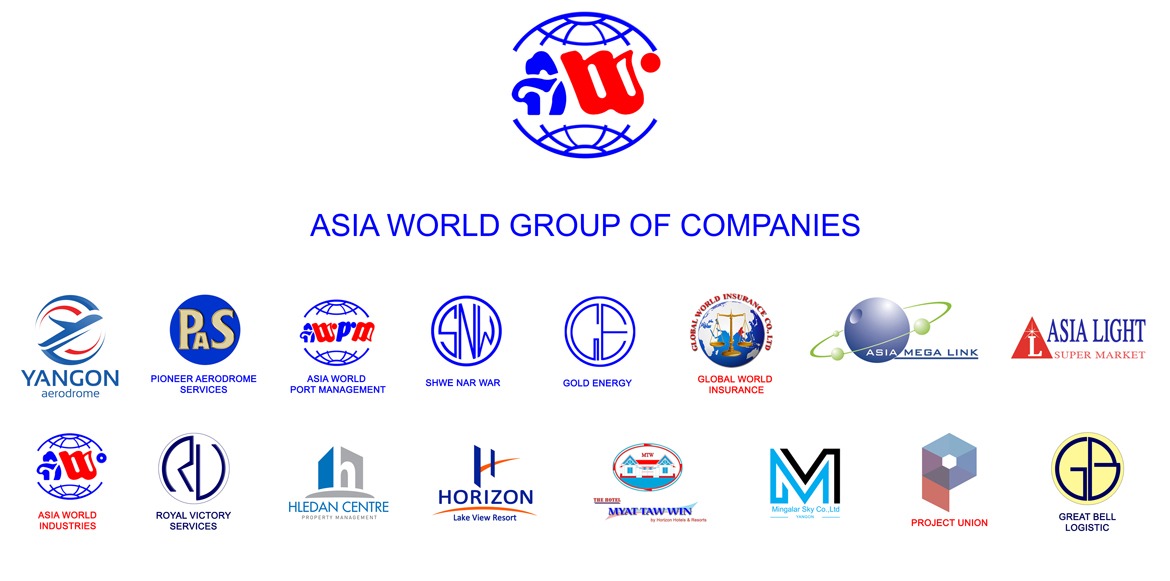
Ultimately, you can only sanction businesses that are above ground and the generals have ensured that only Hades can truly overturn some of their most significant streams of funding. According to a 2012 study on the responses of authoritarian regimes to sanctions, rulers whose budgets are not severely restricted by sanctions tend to increase their funding to areas that benefit their core support groups and cut funding to others. In the case of military regimes like Burma, this could mean an increase of expenditure on supplies and pay for soldiers, as well on the militias they patronize for underground business. Furthermore, sanctions may have less power to destabilize a regime in a country that produces “highly valued resources” for which the demand is relatively inelastic – illegal drugs come under this category, and so does oil and gas, which incidentally is the largest revenue source for the Tatmadaw and a sector that has not yet been sanctioned by the US despite pressure from some senators.
Ultimately, you can only sanction businesses that are above ground and the generals have ensured that only Hades can truly overturn some of their most significant streams of funding.
Even if sanctions on Burma’s state-run oil and gas enterprise were to come, it would only boost the shadow economy. According to the United Nations Office on Drugs and Crime, the chaos in Burma has upended the legal economy and since the “fastest way to make money is the drug trade,” the rebel groups are ramping up their operations. The surge in drug production may fill the army’s coffers but it will also further destabilize the region, which could result in pushback from nearby countries. However, for now China and India are looking the other way, Japan and South Korea have hemmed and hawed their way out of taking definitive action, and ASEAN is opting for diplomacy rather than harsh measures to rein the Tatmadaw in. A month after the coup, the generals told a US envoy that isolation brought on by sanctions did not bother them since they could “learn to walk with only a few friends.” It looks like they have found just enough to stay afloat, much to the chagrin of their critics.
However, perhaps we shouldn’t condemn Asian countries for engaging economically and diplomatically with the Burmese military, even if it lends a measure of credibility to the violent and criminal regime. It’s time to move away from the Western template of dealing with Burma, because, as the past has shown us, it hasn’t really worked. Plenty of harsh sanctions have been imposed on the junta since the late 80s due to the actions of the military regime, but it was ordinary citizens who suffered most. Not only did they have to deal with the repressive generals (who were fine due to their black-market income sources), they had to also cope with job losses, poverty, and crumbling health and education infrastructure.
For decades now, the West has fetishized not just Aung San Suu Kyi but democracy itself without taking into account on-the-ground realities in Burma, including the damage wrought by sanctions. Further isolation could send Burma down a path similar to that of the most pariah of pariah states, North Korea, and that would be even more disastrous for the people.
Some positive press has been given to a parallel civilian government that has been set up in opposition to the coup. The National Unity Government (NUG) includes not just leaders from Suu Kyi’s party, the National League of Democracy, but representatives from different ethnic groups, including those that have been victims of Burmese ethnic nationalism. However, dramatic proposals like ASEAN derecognizing the military regime and engaging with the NUG instead are short-sighted. For one, simmering tensions between different ethnic groups and the majority Bamar community are already raising questions about the viability of the NUG as a cohesive political force. Second, any move ascribing more legitimacy to the NUG over the junta would likely encourage an even more brutal reprisal from the easily humiliated generals.
Currently, the military’s laser focus is on stamping out protests and rebellions from anti-coup insurgent groups – and though it may have the brute power to do so, a bloody civil war is a distinct possibility. Already, some rebel groups have taken up arms against the generals, who are lashing back with characteristic ruthlessness. This April, the military launched air strikes on villages of the Karen ethnic minority after soldiers of the Karen National Union (KNU) attacked a Tatmadaw outpost near the Thai border. The KNU has vowed to support the NUG, as has the Kachin Independence Army, but it’s important to keep in mind that not all militias are joining hands to establish some kind of a democratic federation. The Wa State Army, known for its sizeable drug trafficking operations, and the similarly inclined Shan State Progressive Army had indicated earlier that they might cut loose from the army’s influence, but earlier this month they met a committee of generals for “peace discussions” and proclaimed it a “success.” Given Burma’s proliferation of competing ethnic militias and their shifting allegiances, neighboring countries cannot afford to side with any of these groups if they care at all about regional stability and averting refugee crises. Similarly, withdrawing investments and trade agreements will only boost the illegal economy – and with it the scourges of addiction, environmental degradation, and venal capitalism.
So, what’s the alternative? The generals have already shown they respond better to carrots than sticks. Thus, the best that India, China, and ASEAN countries can do right now is to try to encourage reform by appealing to the Tatmadaw’s desire for internal security and economic prosperity, while also engaging in dialogue with the NUG with the aim of restoring a power-sharing agreement – which is something the generals have indicated they are open to.
Any other approach might make for a better show, but it will not stop the bloodshed or bring regional stability and lasting change. It’s important for private investments to continue in Burma during this process of negotiation, since a Burma with a flourishing middle class and the additional power centers that arise in a more vibrant economy will eventually be better able to stand up to the generals than an impoverished, conflict-ridden narco-state. Pandering to the generals in any way at all may seem unpalatable, but the only other alternatives are either military invasion – which no one is willing to do – or measures that will economically punish the people. The West is able to justify its engagement with countries like Saudi Arabia where human rights abuses are rife for reasons like geopolitics, so why should there be different standards for Asian countries dealing with Myanmar, especially if some good can come of it?
